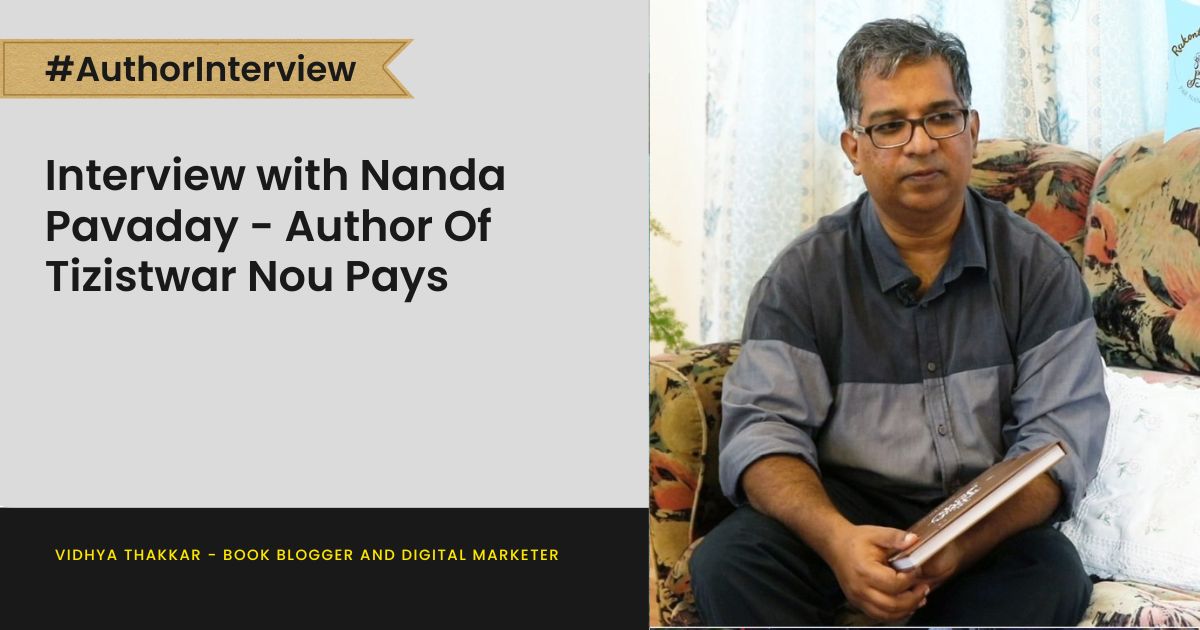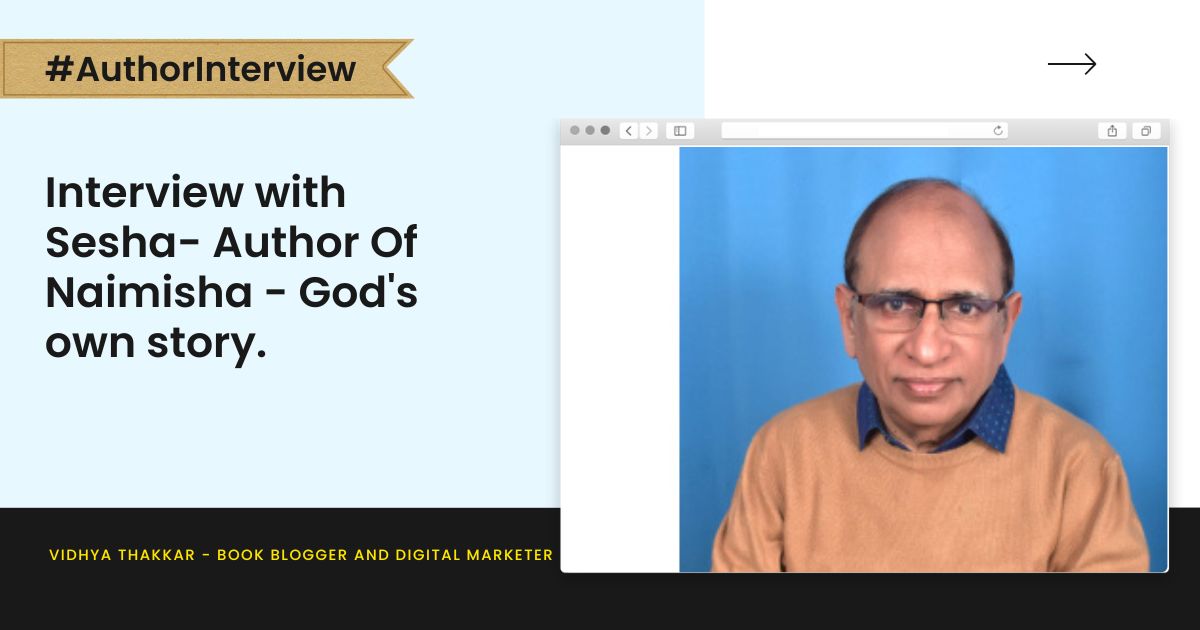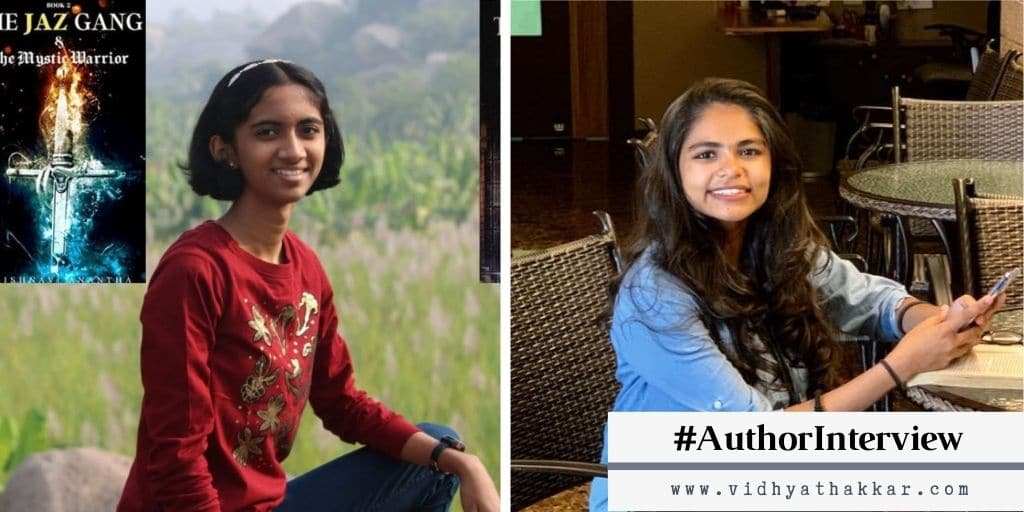About The Author
I am Nanda, I am 51 years old. I was born and grew up in the island of Mauritius.
I started working at the age of 6-7 with my four brothers, helping with my dad sell vegetables at the market. This has been our school of life. Like any child, I dreamed of one day being able to make my parents proud. After studying Economics in India, I came back to Mauritius and was unemployed for a year until I finally found a trial job on a 3 months basis in advertising. I learned on the job and made it my career from it. In 2019, I wrote and published a book called Tizistwar nou pays which tells about Mauritius of my childhood days through the story of my dad, my mom, the people and values that are dear to me. For lack of support, I financed it out of my pocket and this book went as far as Arizona in the United States, Orlando, Quebec, England, Ireland, in France, Australia, Sweden, Denmark, Dubai. People didn’t just read the book, they walked around holding it in their hands to take pictures with it under the Eiffel Tower or on the Sydney Bridge. For Christmas, they took photos proudly placing the book under their tree. This is my story.
Read the review here: Tizistwar Nou Pays – Tales Of Simpler Times by Nanda Pavaday – Book Review
Interview
Q) Tell us about the idea behind the book?
My book is about life in the 80’s and 90’s, based on my childhood memories. It highlights the fact that technology and social media have brought a major change in our lives. Tizistwar Nou Pays- Tales of simpler times is a collection of 24 short stories around themes like New Year celebration, the Chinese shop, Hindi movies, the barbershop, playing football in the street, and climbing on trees, among other activities that people hardly do nowadays.
Q) How much time did it take in the process of writing?
The book was not meant to be a book initially. I just wanted to share my feelings in the form of little stories about the older days. I used to write one story every week, usually on Sunday afternoons. The book has 24 stories, so it took about this time to write it. But, some stories came in oen flow while others required a lot of research to get the facts right.
Q) What did the process of writing this book teach you?
I learned that writing is connecting with people through emotions. You write because there is something you feel and you wish to share it like you are throwing a message in a bottle into the sea in the hope that someone will find it and relate to it.
Q) What inspired you to write this book?
The idea for the stories in the book came from a comment from my niece who was asking her mum to explain what are household chores. That made me realize how nowadays children are growing in a world that is so different from how we grew up prior to technology. We seldom see children climb on trees, play football in the streets, help their parents raise chickens, watch Hindi movies with the family in the common room, visit the Chinese shop. This inevitably creates a divide between parents and children in terms of values and aspirations. I wanted to pour out on paper what the 80’s generation holds in our hearts
Q) Which is your favourite part from the book?
I wrote the book for my dad who passed away on the day I was leaving the country for India for my studies, and for my mother for whom I had so many things inside me and that I was afraid I would never be able to tell her. I wrote one of the stories about her, even though I knew she would not be able to read it. I just had to put it on paper. The day I wrote the story about my mum, one lady inboxed me to tell me that she had read the story and was at her office, hiding behind her computer so her colleagues would not see her cry. I realized at that moment that I had not just written about my mum but about every mum in the world.
Q) A book that had an impact on you, which helped you in writing this one?
The idea was not to write a book but to express myself. I can’t honestly say that I was inspired by any book in particular. Even now, I do not see myself as an author and feel uncomfortable being mentioned in the same breath as other authors. My favourite author is Anthony Buckeridge who wrote a series of books about a boy called Jennings and his mishappenings in a boarding school. This used to make me laugh to tears. I wish I was still 11 or 12 and was able to curl up in bed reading his books.
Also Read: Interview with Biju James – Author Of Dead Air
Q) Tell us about your plans? Planning a new book?
My first book was written in French with creole expressions. I later translated it in English keeping the creole expressions, and this is the version that I launched in India. I have already written the stories for book 2 of Tizistwar nou pays – Tales of Simpler Times, and I also have stories for children in the same collection. These will be my next books. However, since Tizistwar nou pays, was not first written for the Indian audience, I secretly wish to be able to write a book with the Indian audience in mind that they will be able to relate with even more.
Q) Tell us about your publishing journey in 5 words.
It has been a pain.
Q) A quote, para from the book that inspires you?
I think that little pieces of us are left in the places that we visited, in the activities that we performed. Little pieces of us remain with everyone we once loved, in the movies that once enchanted us, in the pages of books that once captivated our imaginations, in the dreams we secretly cherished. They live in images, in sounds, in perfumes, in tastes. They are present in the emotions that we feel every time we revisit our past, like little treasures that we have hidden from the rest of the world to save them just for us.
Q) How your life changed after the book was published?
It has to do with how people responded to the book. I regularly get messages through inbox from people sharing their experiences of reading the book. This touches me a lot and makes me feel like I am making a contribution.
Q) What is a literary success for you?
I have come to realize that writing is an act of giving. In this manner, literary success lies in what you are contributing to the readers’ lives. I did not send my book to any award competition because I have been overwhelmed by the messages of gratitude from readers, and I can’t think of anything to top that.
Q) A message for all the readers.
I am really grateful for the response I got from readers in India. Even though the book talks about life in Mauritius in the older days, I saw a lot of people in India relating to the feelings in the stories. This shows me that the deeper we go inside of ourselves, the more alike we all are. In the world of emotions, we are one.
Get your Book Reviewed by Vidhya Thakkar – Connect us Now



